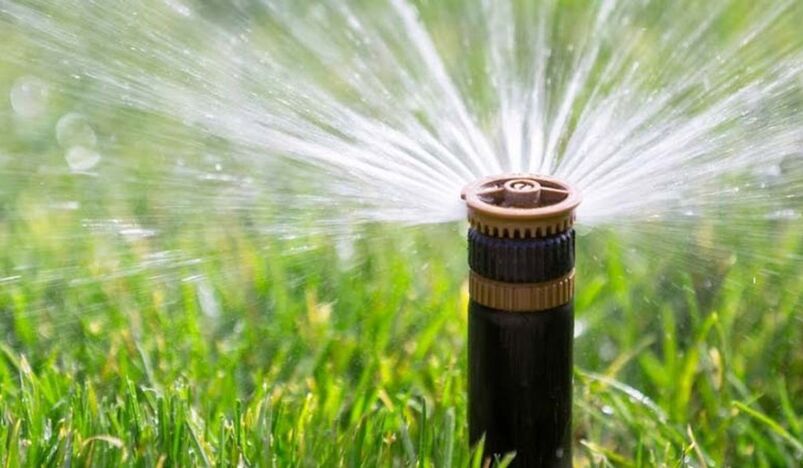
In June 20.7 Million Cubic Meters of Treated Wastewater Used for Irrigation
To advance its circular economy and waste management efforts, Qatar has made significant progress in treating and reusing wastewater, aligned with the National Environment and Climate Change Strategy, which targets 100% wastewater reuse by 2030.
In June, 13.1 million cubic meters of treated wastewater were used for irrigating green spaces, reflecting a 7.5% increase from May 2024 and an 11.6% rise compared to June 2023, as reported by the National Planning Council.
The volume of treated wastewater reached 23.7 million cubic meters in June 2024, up 4.6% from 22.7 million cubic meters in June 2023. Additionally, over 7.6 million cubic meters of treated wastewater was reused in agricultural feed production, marking a 20.8% increase from June 2023.
Treated wastewater used for deep injection into aquifers or discharged into lagoons totaled over 1 million cubic meters and 1.8 million cubic meters, respectively, in June.
The strategy aims for sustainable and integrated water resource management, including reducing groundwater extraction by 60%, cutting daily household water consumption by one-third, and doubling desalination capacity using reverse osmosis and other sustainable technologies.
The Treated Sewage Effluent Transmission Main and Pumping Station (D-Line) project, implemented by the Public Works Authority, is set to boost treated wastewater reuse. The project will transport approximately 22.5 million cubic meters of treated wastewater annually from the Doha South Sewage Treatment Works to the Seasonal Storage Lagoons, optimizing its use and addressing water deficits.
This initiative aligns with Qatar's commitment to environmental sustainability, ensuring efficient water resource management to preserve the environment for future generations. The D-Line will also supply irrigation water to Ghadeer Feed Farms during summer and meet future demands from additional farms like Hassad farms in Al Rakhiya.
Qatar has achieved notable success in water recycling, treating 99.7% of sewage water in 2021, which is used for irrigating green public spaces and other purposes.
.jpg)
Qatar Secures Place Among the World's Top 10 Wealthiest Nations
.jpg)
Hamad International Airport Witnesses Record Increase in Passenger Traffic

Saudi Arabia: Any visa holder can now perform Umrah

What are Qatar's Labour Laws on Annual Leave?
Leave a comment